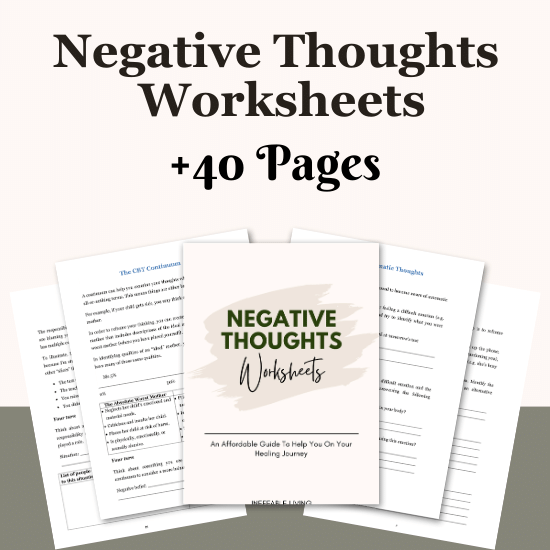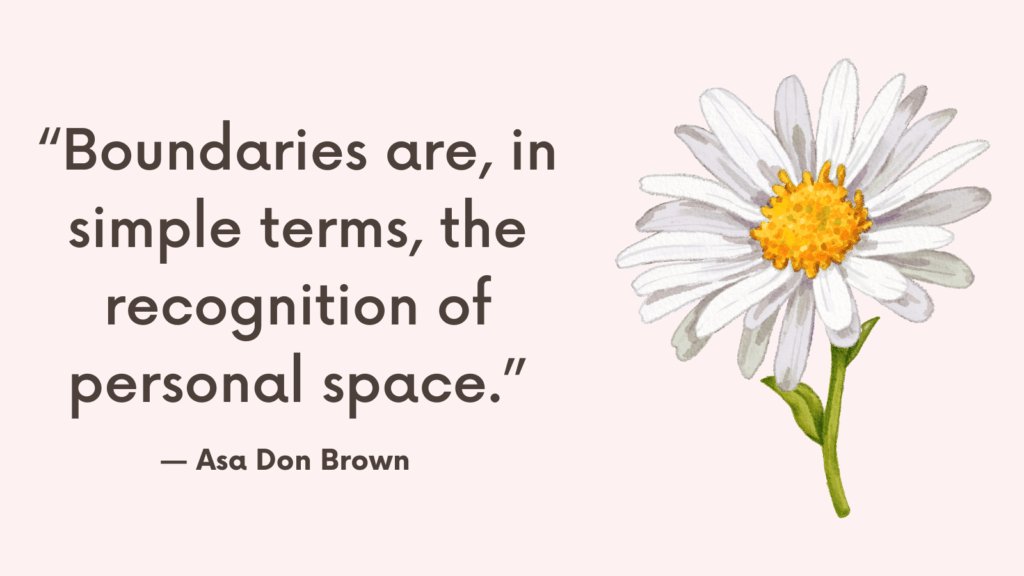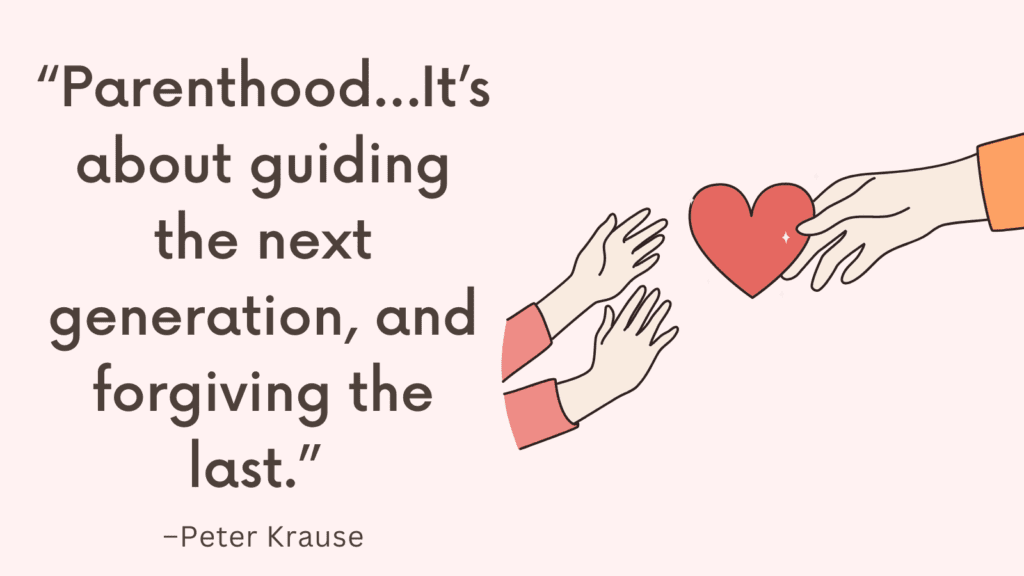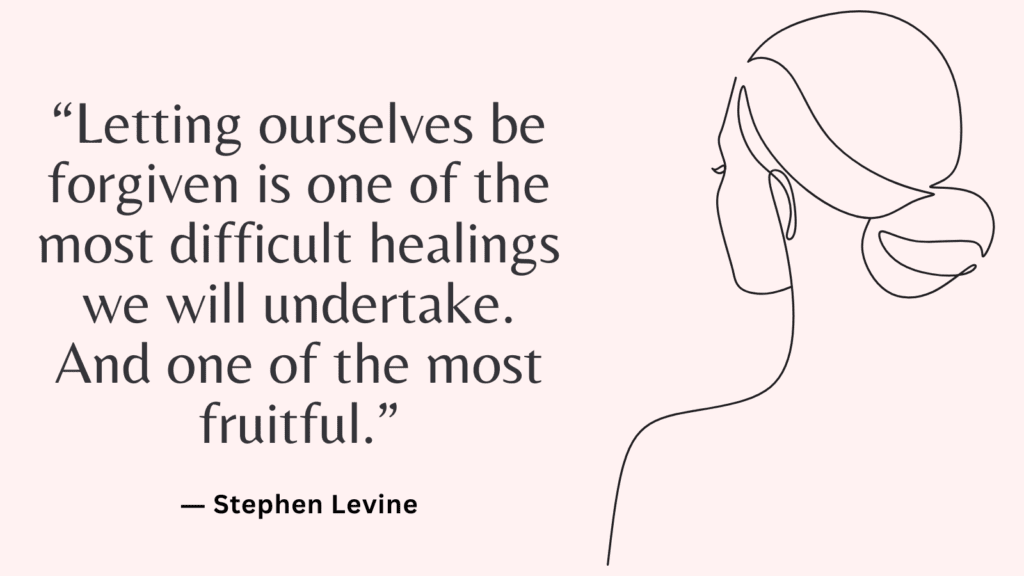For single mothers, boundaries often feel complicated. You carry so much responsibility that saying no — to your children, family, or even yourself — can stir guilt. Yet, emotional boundaries aren’t walls that shut love out; they are lines that protect your well-being so you can give from a place of steadiness instead of depletion. Setting them without guilt is about understanding that protecting your emotional energy is an act of care, not selfishness.
The Emotional Landscape of Single Motherhood
Being a single mother often means giving endlessly — emotionally, physically, mentally. There’s no one to tag in when you’re drained, no buffer when you’re overwhelmed, and no one else to absorb your child’s meltdowns, needs, or endless questions.
So your emotional availability can become your only “currency” — one you feel pressured to spend even when you have nothing left.
What Emotional Boundaries Actually Mean
Emotional boundaries aren’t about being cold or distant.
They’re about:
- Not sacrificing your nervous system to meet someone else’s every demand
- Knowing where your responsibility ends and theirs begins
- Being present with love, without being consumed by another’s emotions
- Holding space for your child without erasing your own feelings
Healthy emotional boundaries are a form of love — one that’s sustainable, not sacrificial.
Why Guilt Shows Up
Many single mothers feel guilty because:
- You’re afraid of damaging your child by saying “no” to them emotionally
- You believe love equals always being available
- You feel like you have to compensate for the absence of another parent
- You internalize social messaging that a “good mother” is endlessly selfless
- You were raised without healthy boundaries yourself
But guilt doesn’t always mean you’re doing something wrong.
It often means you’re doing something new.
And new doesn’t mean wrong — it means growth.
The Cost of Not Having Boundaries
Without emotional boundaries, you may start to:
- Resent your children for “needing too much”
- Ignore your own exhaustion until it turns into illness
- Feel constantly overwhelmed but unable to articulate why
- Say “yes” when you mean “no” and then feel depleted
- Emotionally spiral when your child is dysregulated
- Lose touch with your own wants, needs, or limits
Boundaries are not walls — they’re filters that protect both your well-being and the quality of your connection with your children.
Related: “Parental Guilt”: How to Navigate Guilt as a Parent or Caregiver?
How to Set Emotional Boundaries as a Single Mother Without Guilt?
1. Redefine Boundaries as Love
Boundaries keep you from burning out. When you say no to what drains you, you’re saying yes to showing up healthier and more present for your children. Boundaries are not rejection; they are redirection toward balance.
2. Notice Where You Feel Drained
Guilt often comes from not realizing how much something costs you. Pay attention to conversations, requests, or situations that leave you resentful, exhausted, or numb — these are signs that a boundary is needed.
3. Use Simple, Clear Language
Boundaries don’t require long explanations. A calm, direct statement like “I can’t talk right now” or “That doesn’t work for me” is enough. Simplicity reduces guilt because you’re not over-justifying your needs.
4. Separate Guilt From Responsibility
As a single mother, you may feel guilty for not meeting every request. But guilt doesn’t mean you’re wrong — it often just means you’re breaking an old pattern of overgiving. Remind yourself: I am responsible for my choices, not for carrying everyone else’s emotions.
Related: How to Deal With Mom Guilt When You’re Not Loving Motherhood?
5. Model Healthy Boundaries for Your Children
Children learn from what you live. When they see you protecting your time, energy, and emotions, they learn that self-respect is normal. This reframes boundaries as a gift you’re passing on, not something to feel guilty about.
6. Start Small and Build Confidence
You don’t have to draw the biggest lines first. Begin with small boundaries — declining a non-essential favor, taking 10 minutes for yourself, or ending a draining call early. Each small win helps dissolve guilt.
7. Anchor Boundaries in Your Values
When guilt surfaces, connect the boundary back to your deeper “why”: protecting your health, ensuring stability for your children, or maintaining peace at home. Values give boundaries moral grounding, making them easier to hold.
8. Expect Discomfort but Not Shame
Boundaries often bring temporary discomfort — for you and for others. But discomfort is not the same as doing something wrong. Trust that this unease is part of building a healthier dynamic.
Related: Parenting Stress: How to Prepare for a Smooth Back-to-School Transition?

Conclusion
Setting emotional boundaries as a single mother without guilt comes down to remembering this truth: boundaries are not barriers to love, but pathways to healthier connection. By honoring your limits, you create space for rest, joy, and presence. That steadiness becomes the foundation not only for your well-being but for your children’s sense of what love and respect look like in action.



